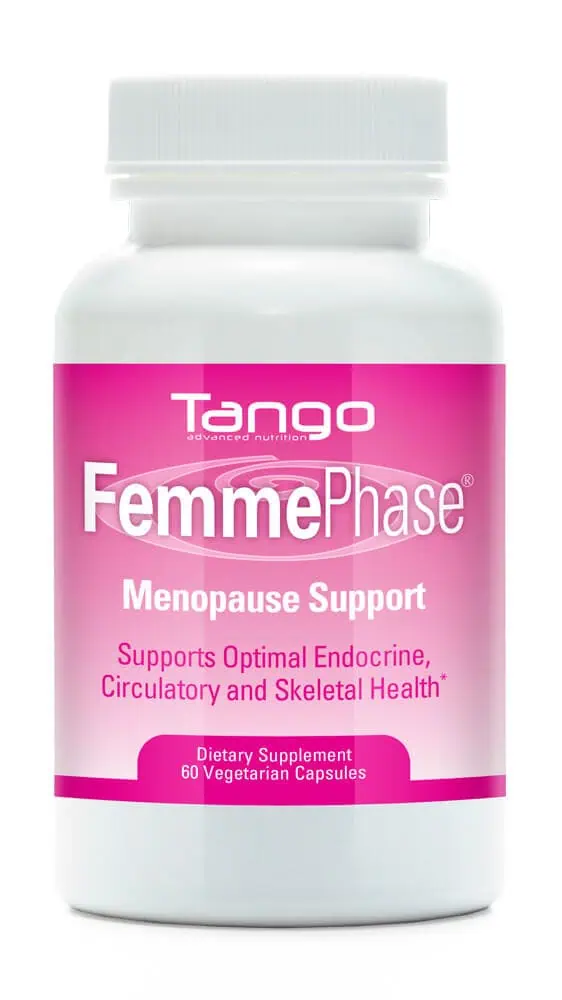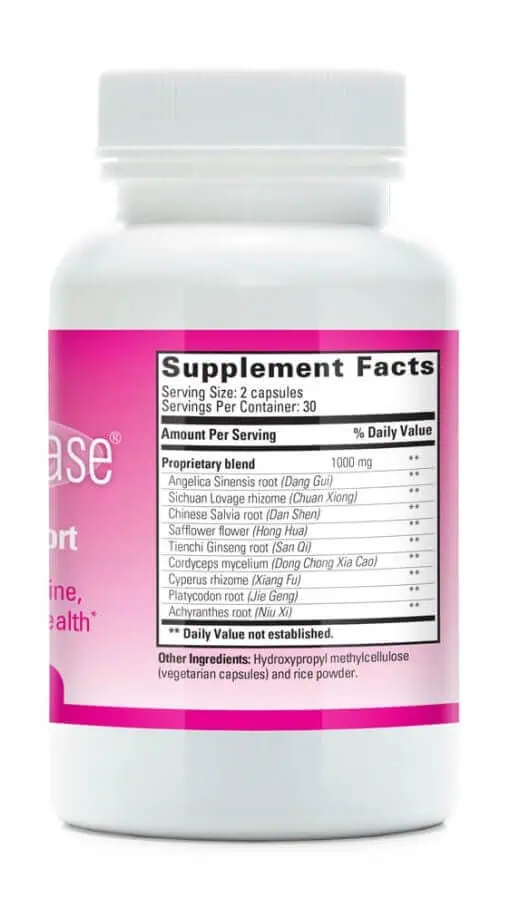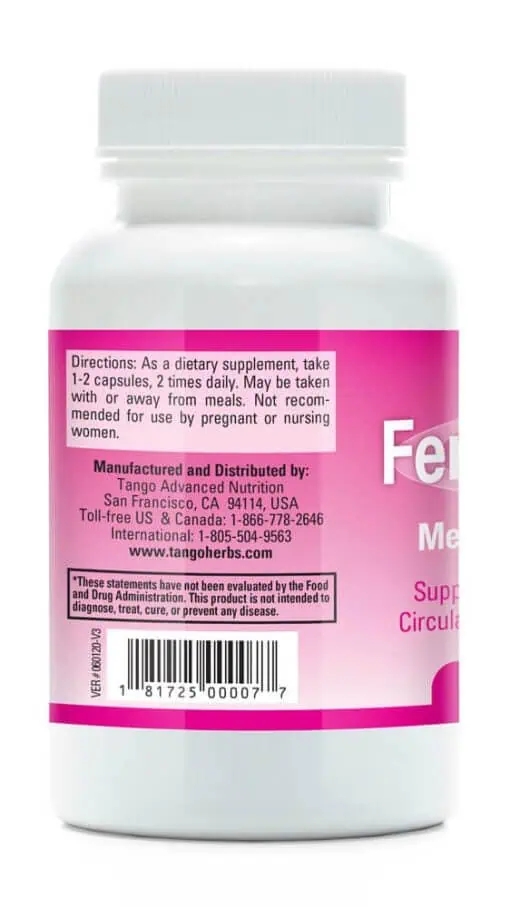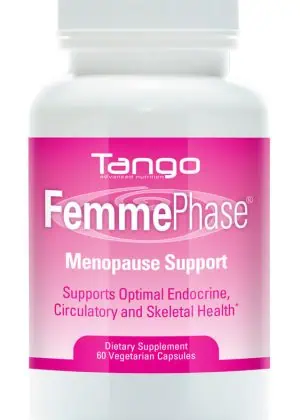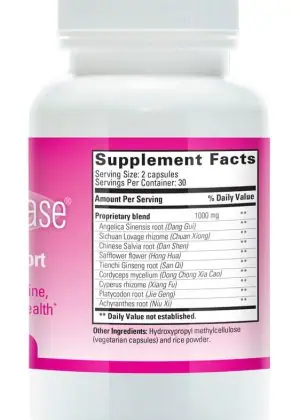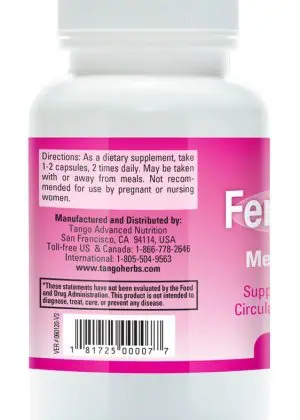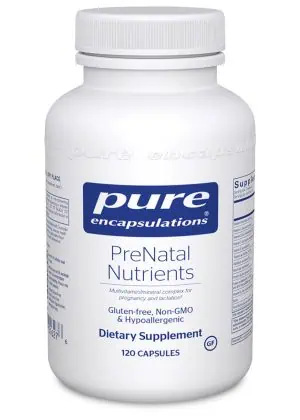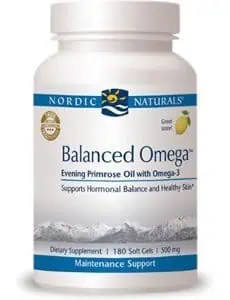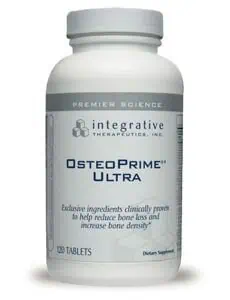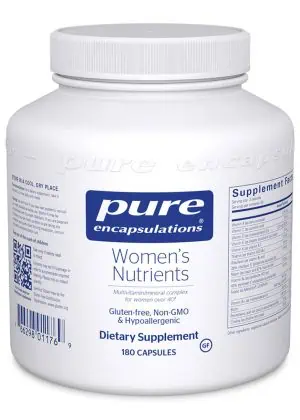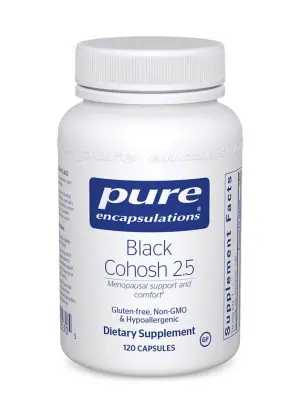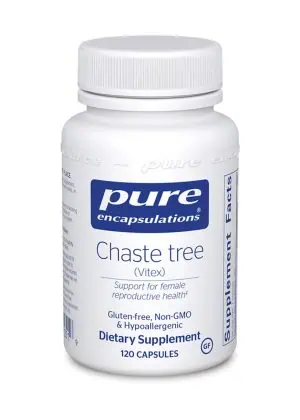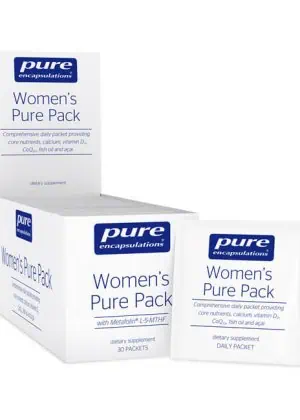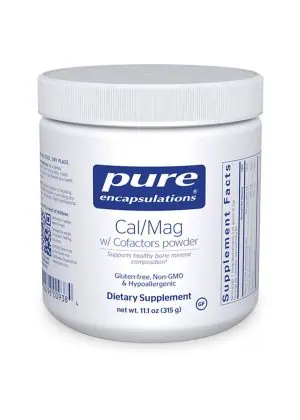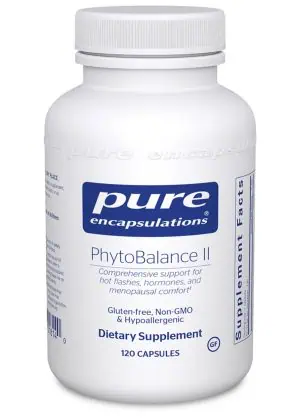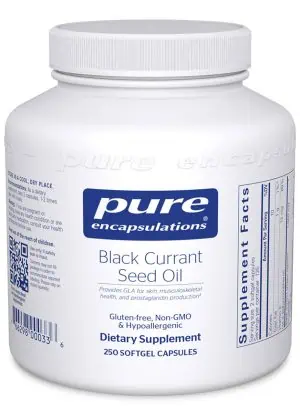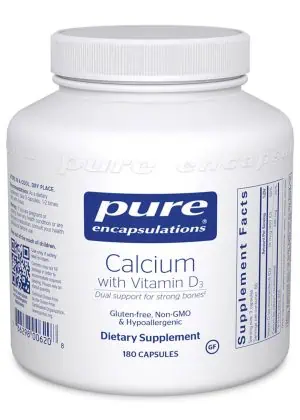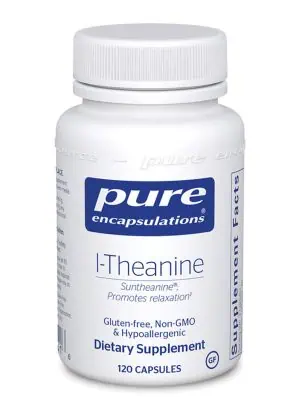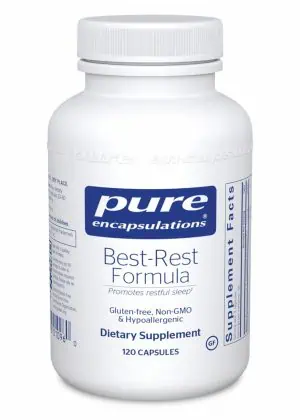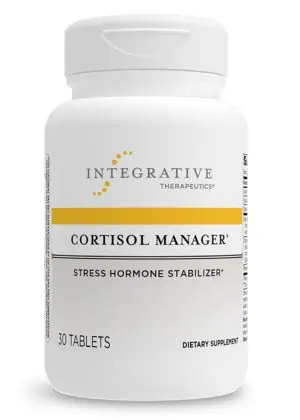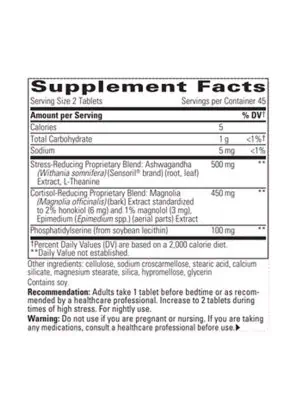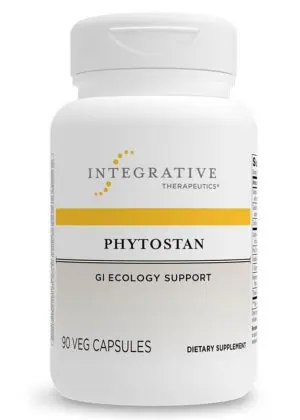FemmePhase™
Suggested Use: 2 tablets, 2 times daily. For persistent insomnia, take an additional 2 capsules at bedtime, or follow practitioner’s advice. Symptom alleviation is usually evident after 2 or 4 bottles, after which FemmePhase can be taken at a rate of 1 tablet, 2 times daily for health maintenance.
FemmePhase
For Menopausal Syndrome
A number of studies indicate that FemmePhase is a valuable supplement for the varied causes and symptoms of menopause, including the broader imbalances that accompany aging. In a study carried out at the Shanghai Center for Modern Traditional Chinese Medicine Technology, 50 women with menopausal syndrome were treated with FemmePhase. Their ages ranged from: 44 – 60 years. Their symptoms included various levels of anxiety, emotional instability, headache and dizziness, tinnitus and blockage of hearing, oppressive sensations of the chest, palpitations, restlessness, anger, hot flashes, spontaneous sweating, aching of the legs and low back, uncontrollable crying, and depression.
After taking FemmePhase (shortest administration period, 1 month; longest, 3 months), 30 patients experienced complete relief of symptoms, 13 experienced marked improvement, and three some improvement. Of the patients with complete relief of symptoms, none of the symptoms had returned six months after discontinuation of treatment.
In a second study the FemmePhase formula was evaluated in both men (68) and women (82) as a treatment for neurasthenia. Neurasthenia is a disorder of nervous exhaustion that shares many symptoms with menopausal syndrome, including depression, irritability, lack of focus, memory loss, insomnia and dream-disturbed sleep, dizziness and headache, limb pain, and various autonomic nervous system disorders. After three months of administration of the formula, 75 cases had fully recovered, 48 patients experienced marked improvement, 16 were noted as improved and 11 cases gained no improvement.
A third study looked at the use of FemmePhase in treating angioneurotic headaches. Angioneurotic headaches are characterized by spasms of the blood vessels resulting from disturbances of the vasomotor system. Of the 84 patients in the study, 68 were female and 16 male ranging in age from 17 to 52 years. They experienced 1+ headache per month with an average duration of the condition of 2.5 years. The headaches were experienced as frontal, bilateral, vertex, or occipital with throbbing, distending, pounding, or stabbing pain. Accompanying symptoms included light-headedness, irritability, insomnia, irregular menses in the female patients, and depression.
After a course of treatment with the formula, 54 cases experienced recovery in which all symptoms disappeared, rheoencephalogram readings improved indicating normalization of blood vessel tension, and there was no recurrence of headache one year later. 25 patients experienced improvement in which headaches and other symptoms disappeared and headache returned three months after treatment. Only 5 cases experienced no improvement.
Physiological Actions of the FemmePhase Herbs for Menopause According to Subhuti Dharmananda in his paper The Endocrine Effect of Chinese Medicine, “Chinese herbs act by stimulating the production of hormones, altering the condition of hormone receptors or changing the rate of catabolism of hormones, rather than by providing the hormones or hormone analogs that function the same as hormones.”
In the case of FemmePhase, pharmacodynamic studies in animals have revealed that the formula is capable of markedly increasing the estrogen receptor levels of the pituitary gland, hypothalamus, and ovaries in aged rats.
While the ability of FemmePhase to increase glandular estrogen receptor levels is a likely contributor to its efficacy, the formula is also affecting the autonomic nervous system. Hot flashes, the most common menopausal symptom, are due to instability of the brain’s relay system, its neurotransmitters, which are affected by the lowered levels of estrogen in the blood stream as menopause progresses. This instability affects our autonomic nervous system (ANS). It is the ANS that is responsible for our body’s thermostatic control, contraction and dilation of the blood vessels and skin pores, perspiration, and other automatic physiological responses of our body.
The apparent ability of FemmePhase to reduce hot flashes and angioneurotic headaches indicates that it has a positive impact on neurotransmitter function in regulating the hypothalamic, pituitary, ovarian homeostat.
FemmePhase for Improved Blood Circulation FemmePhase has been found to improve the blood circulation of the heart and brain by promoting vessel dilation and inhibiting the clumping of red blood corpuscles, thus increasing blood flow.
The formula was originally designed to treat the symptoms that follow cerebrovascular accident or stroke. In a study of 98 post stroke cases, including 56 men and 42 women, 72 patients showed marked recovery after a course of treatment with the herbal formula.
Numerous animal studies indicate that the nutrient combination in the formula improved microcirculation in the capillaries, inhibited formation of thromboxane A2 to aid in prevention of blood clots, and reversed platelet aggregation and elevations of blood and plasma viscosity. Other animal studies have found that this formula stimulates a protective mechanism against heart muscle cell deterioration.
All of the benefits of improved blood flow including improved vessel dilation and lowered viscosity should be of great benefit to women following menopause who regularly ingest the ingredients in FemmePhase. This improved blood flow will also have an additional benefit in preserving the function of the organs and glands that determine healthy endocrine function as women age.
FemmePhase for Osteoporosis Improved blood flow can also make a positive contribution to the prevention of bone loss in postmenopausal women. After menopause, bone loss accelerates for 3-5 years, at a rate of from 1.5% to 5% per year. Bone loss then continues at a lower level of around 1% to 1.5% loss per year on average.
Six of the ten herbs in FemmePhase are commonly used in China in the treatment and reversal of Avascular Necrosis of The Femoral Head. In this severe disorder, the head of the femur at the hip collapses from a lack of blood flow and that destroys bone tissue. It is commonly a result of chronic use of corticosteroid therapy.
The herbs in FemmePhase are central to the restoration of blood flow and bone mass density in this condition. Angelica sinensis and cordyceps are thought to be the chief herbs that assist in this disorder and are central herbs in the FemmePhase formula. While it diminishes symptoms of menopausal syndrome, FemmePhase should also provide women with protection against osteoporosis. [A separate formula from Tango Advanced Nutrition, OsteoPhase, regulates calcium homeostasis in a manner that is directly beneficial for osteoporosis.]
FemmePhase for Daily Use Clinical trials indicate that FemmePhase is capable of effecting regulatory changes of the endocrine and circulatory systems such that many of the signs of aging, including those of menopause are either ameliorated or even alleviated.
The formula can be taken by women at the earliest signs of changes that indicate the approach of menopause to ease them through the transition with minimal symptoms. After menopause, FemmePhase can be taken regularly to continue to assist in maintaining optimal endocrine, circulatory and skeletal health.
Product Ingredients
| Ingredients | AMT | %DV |
|---|---|---|
| Proprietary Blend | 1000 mg | - |
| Dong Quai | - | - |
| Sichuan Lovage | - | - |
| Chinese Salvia | - | - |
| Safflower | - | - |
| Peach | - | - |
| Lienchi Ginseng | - | - |
| Cordyceps | - | - |
| Handy Orange | - | - |
| Platycodon | - | - |
| Achyranthes | - | - |
Why Buy From Us?As a trusted family- and employee-owned company for over 25 years, we've shipped more than 1 million packages, empowering our customers with expert knowledge, guiding their wellness journeys, while delivering unparalleled customer service.

Welcome to Pure Prescriptions
I founded Pure Prescriptions after overcoming Cancer at age 29, a battle that taught me the power of natural supplements and inspired me to make professional-grade, doctor-only brands accessible online—pioneering the industry over 25 years ago.
Today, still a family- and employee-owned company, we've shipped over 1 million packages, empowering countless wellness journeys with science-backed, U.S.-manufactured vitamins and supplements meticulously curated for superior quality and optimal results. Our real health experts provide personalized recommendations without upsells or gimmicks—just genuine support tailored to your needs.
Not a customer yet? We'd be thrilled to earn your trust and guide you toward vibrant health.
Sincerely,
Helpful Links:
Contact Us | LIVE Chat | Vitamin Quiz
The Pure Prescriptions Difference
When you choose Pure Prescriptions, you become part of our caring community. We’re committed to enhancing your wellness with personalized service, expertly selected products, and a dedication to your health & happiness.


Related products
Get Notified When Back In Stock
Verify you are Human:
-
- Vitamin Quiz
- Deals
- Shop
- Brands
- Shop by Manufacturer Brand
- Shop by Manufacturer Brand
- About
- Login
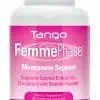
In stock





